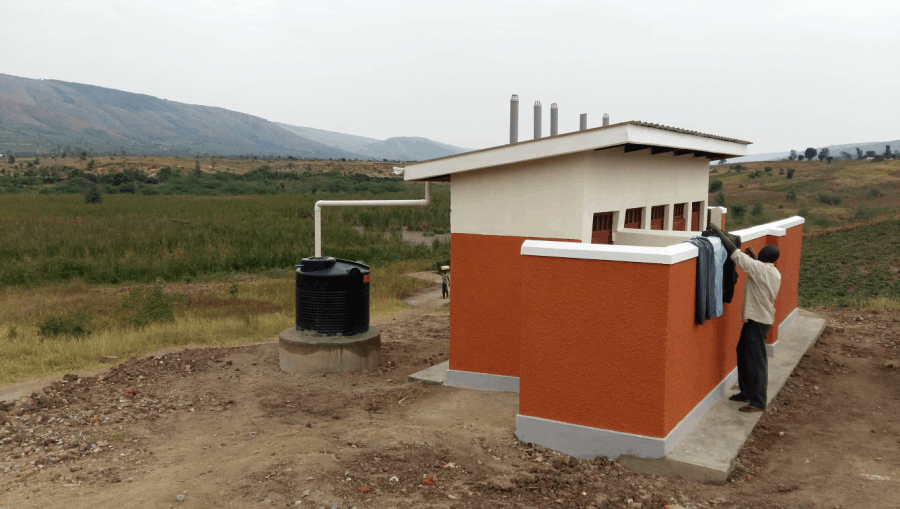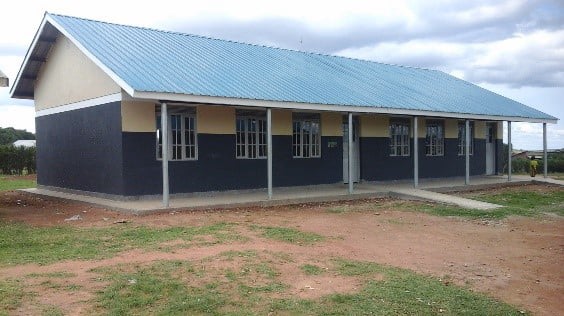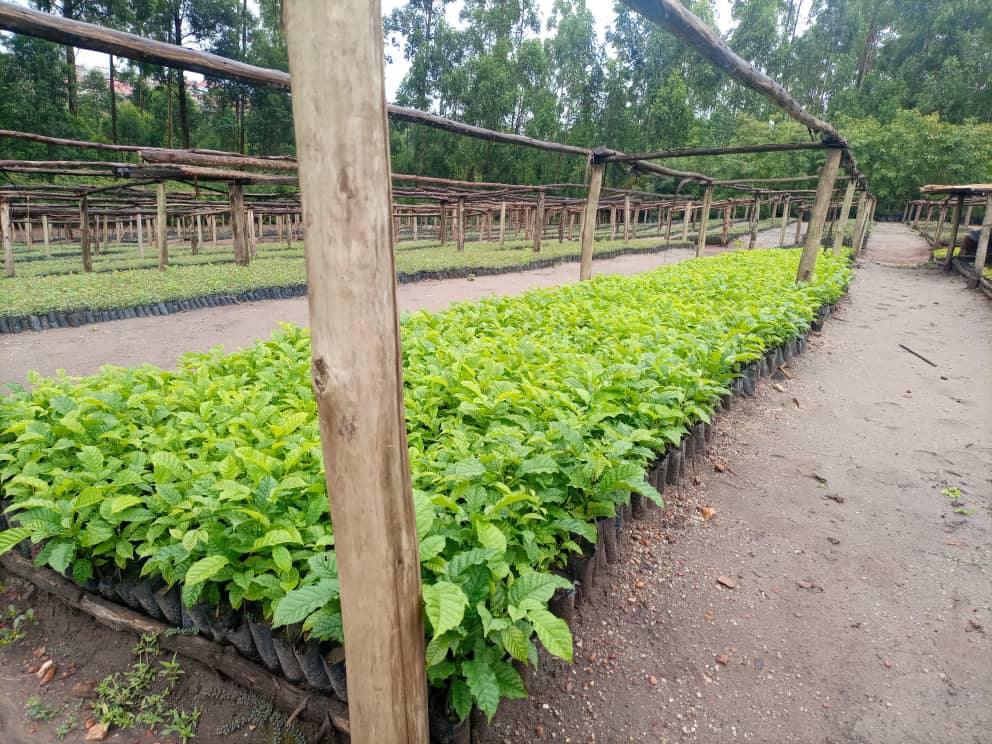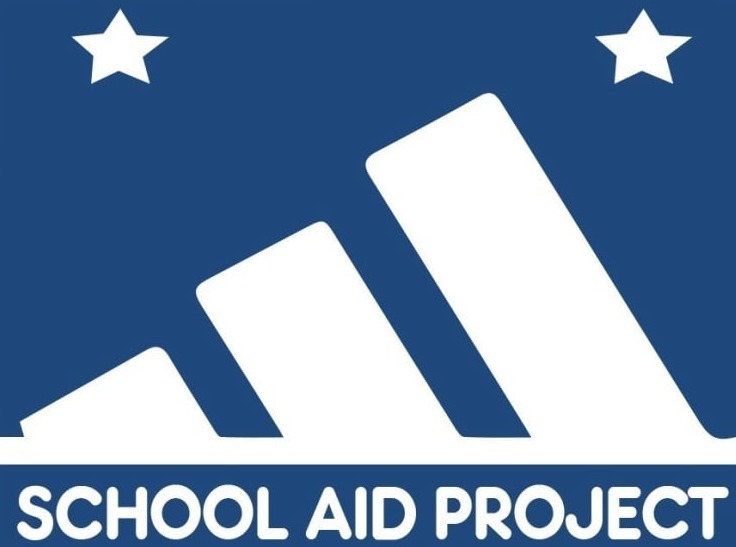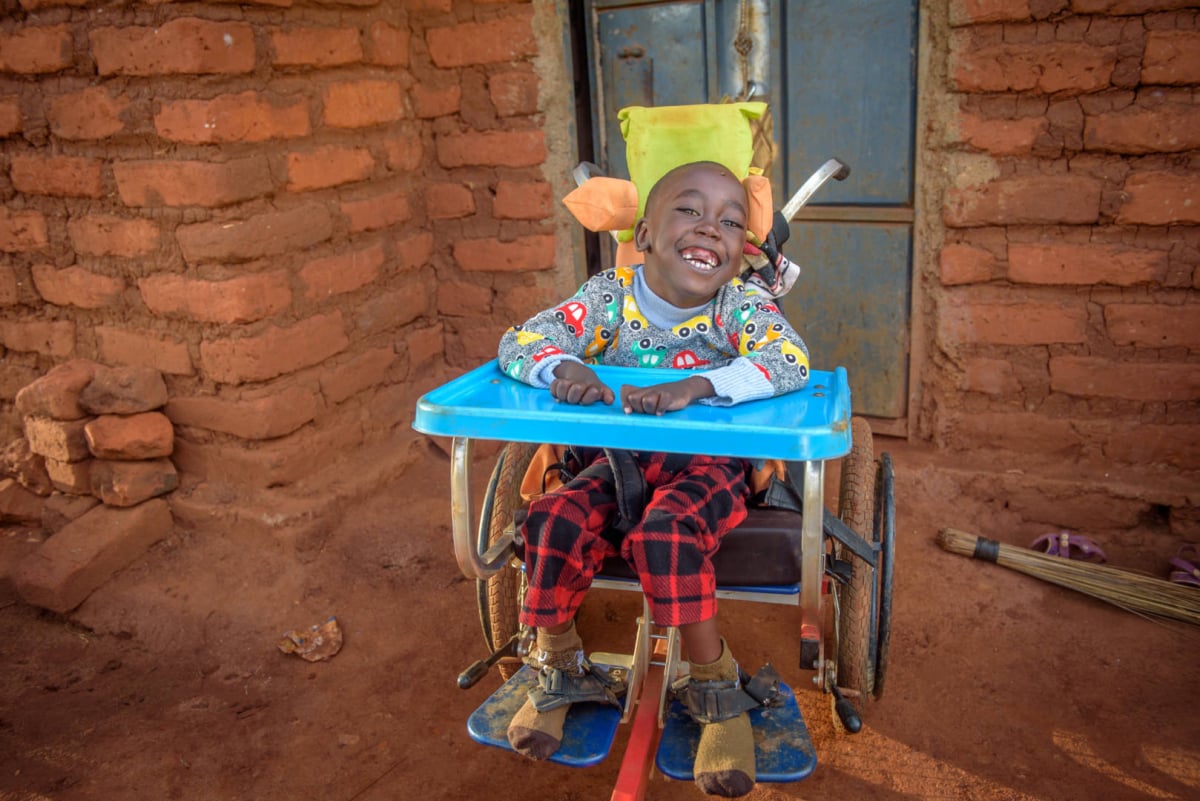
Special Educational Needs (SEN) Support Programme
Children with disabilities are often neglected. And many of the parents just "dump" their children in schools expecting schools to cater for all their needs including feeding and academic. Sadly all the available SEN schools are public schools with very little government support.
For most parents of these affected children, education is not a need. So many of them are denied that opportunity to to to school.
The Programme focuses on:
1). Promotion of inclusive education
2)). Ensuring adequate staffing for the SEN department
3). The welfare of children with disabilities in target schools (health, hygiene, social welfare and general protection)
4). Support with assistive devices where possible
5). Support with instructional and scholastic materials e.g. for the blind
